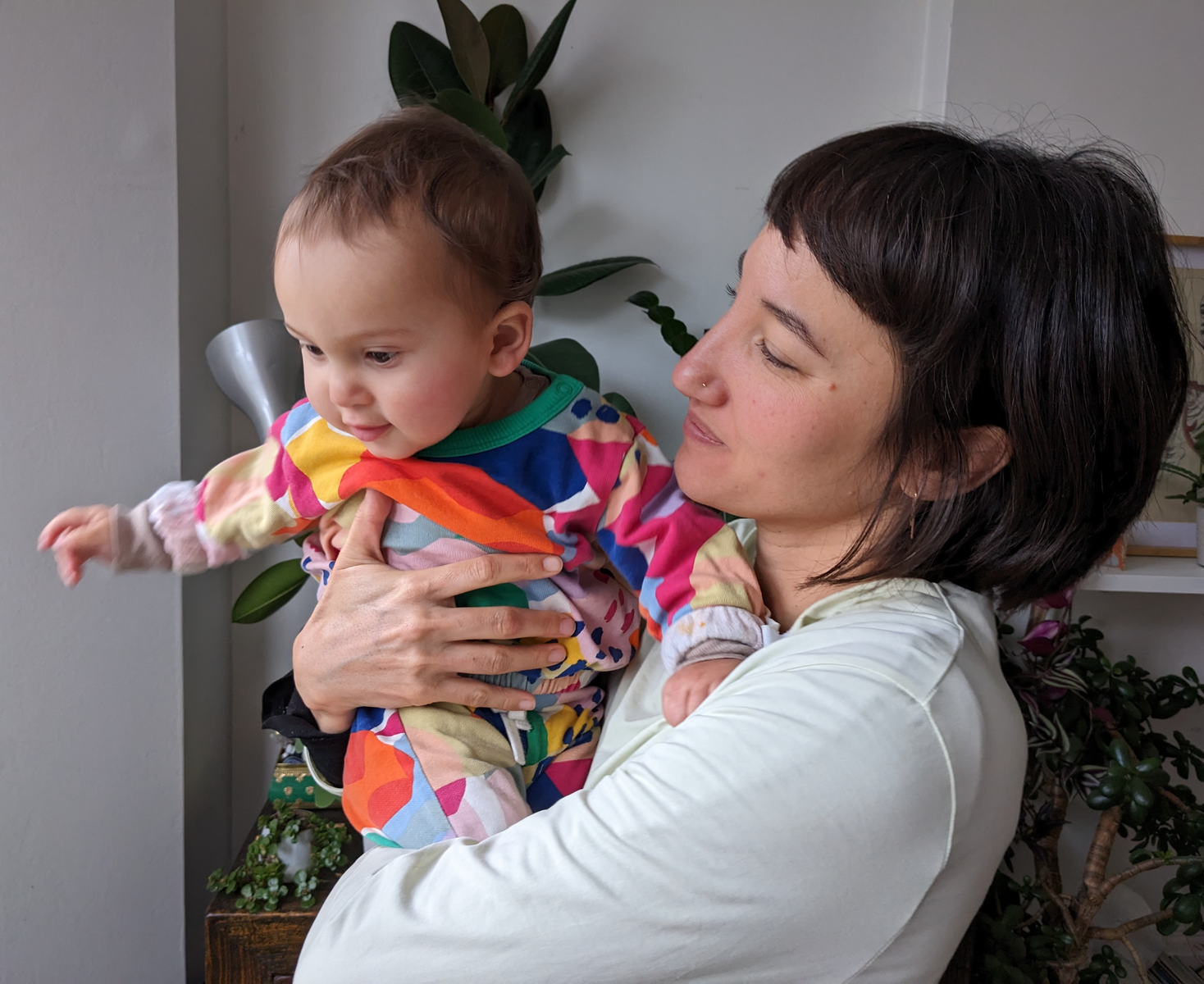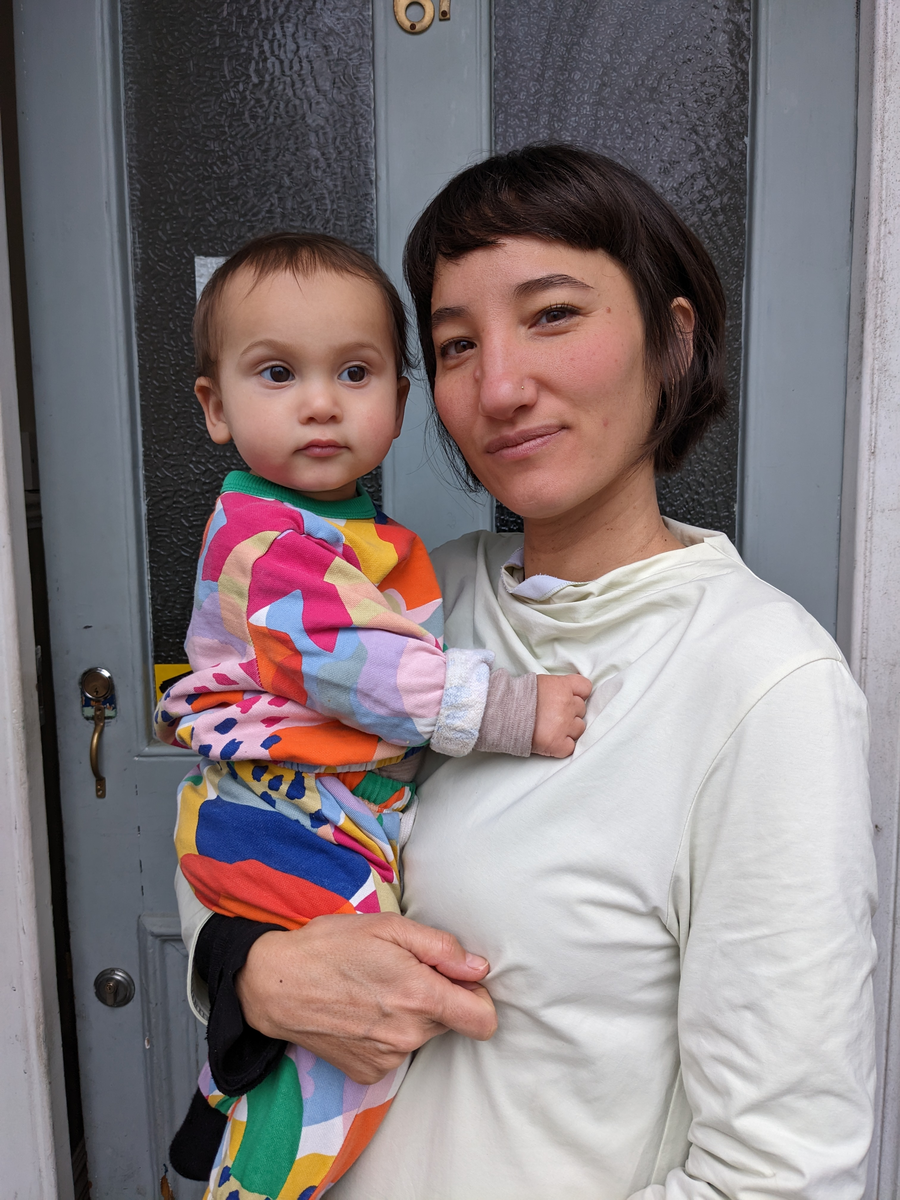Soaring cost of childcare forces parents to make tough choices

A global survey for Theirworld reveals that nursery and preschool fees have to led to parents quitting jobs, dropping out of education and even stopping or reducing childcare services.
A global survey for Theirworld has revealed that the spiralling cost of nursery and preschool fees has forced one in five parents to quit a job or drop out of education.
More than three-quarters say they have been forced to make major financial changes – such as taking on more work and spending less on food – to pay for childcare.
And many parents have reduced or stopped using childcare services altogether – depriving children of education and care in their most formative years.
The survey by Hall + Partners polled more than 7,000 parents and carers with children under school age across the United Kingdom, United States, Netherlands, India, Brazil, Turkey and Nigeria. It is part of Theirworld’s Act For Early Years report, which is published today.
We have also launched the Act For Early Years campaign, which calls on governments to urgently prioritise spending on the early years. Scientific research shows that 90% of a child’s brain is developed by the age of five.
Watch our Act For Early Years film
 Play/span>
Play/span>Video
Theirworld Chair Sarah Brown said the survey findings “laid bare the scale of the global early years crisis and its impact on children in rich and poor countries alike”.
Two-third of parents (64%) say they struggle to pay their childcare fees, leading to one in five (21%) stopping work or education to avoid the expense. For 38% of parents, the cost of childcare stretches to between 30% and 70% of their income.
A staggering 74% of UK parents say they find it difficult to meet childcare costs, compared to 52% in India, 57% in the Netherlands, 59% in Nigeria, 68% in the US and Brazil and 72% in Turkey.
In India, 20% of parents said they have either reduced or stopped using childcare services. The figure is 19% in the US, 18% in the Netherlands and 17% in the UK.
Elvira Grob, 41, and her partner Michael, from London, spend £975 ($1,200) a month on three days a week of childcare for their 10-month-old daughter Yoomi.
Design lecturer Elvira said: “I’m close to burnout. I work in the evenings, I work when Yoomi sleeps and I work at weekends. My income covers Yoomi’s childcare but I have rent to pay and I also have to pay for my studies. It’s got to a point where I’m considering dropping my degree to help us pay our bills.”
Despite the costs, they wouldn’t consider removing Yoomi from nursery. Elvira added: “It’s so good for her development. She’s learned so much in such a short space of time.”
Eight years ago, world leaders set a target that by 2030 every girl and boy should have access to quality early childhood development, care and pre-primary education.

"Governments need to realise how families are structured today. Most don’t live in communities, with family members nearby anymore."
Elvira Grob, mother from London
But chronic underfunding means more than half of all children don’t have access to the childcare they need and around half of pre-primary aged children aren’t enrolled in any form of early education.
Sarah Brown said: “For a child, the first five to six years are a once-in-a-lifetime opportunity but this is being squandered on a global scale.
“Providing for children in their early years must be treated as a public good, not a private test of a family’s financial strength. Parents around the world should no longer be reduced to hoping for the best, crossing their fingers that the inadequate care they are often forced to use isn’t a risk to their child’s safety or their future prospects in life.
39%
Of parents who use childcare services in India have had to take on extra work to pay for the costs
“We need to see a revolution for the early years that brings together governments, businesses, international agencies, parents, frontline workers, civil society, youth campaigners and grassroots groups to improve the lives of the world’s youngest children.”
Theirworld President Justin van Fleet called for every child to be given a “comprehensive package of care and education” for their first five years of life.
He said this should include “adequate nutrition, nurturing care, education and learning, the opportunity to be stimulated through play and protection for their health”.
He added: “Radical change is needed in how we provide for children and their families. It needs to become a global priority, with not just proper investment but bright ideas and bold policy making across the board. Only then will we give all children the start in life they deserve.”